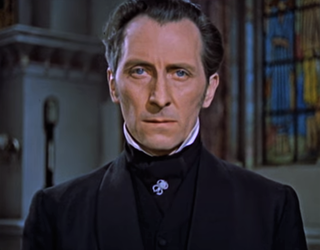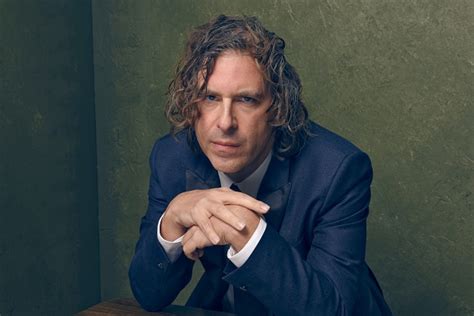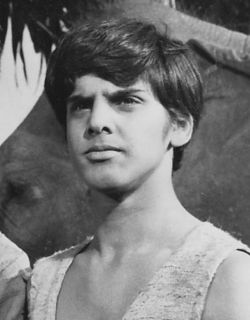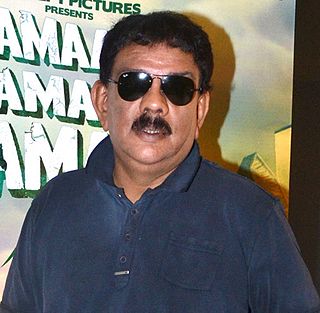A Quote by Debra Granik
Some of the subject matters that I like to make stories about are definitely not inherently commercial. So I have to look for a very special kind of financing and go down a very gentle path in order to make my films, as do basically all social-realist filmmakers. It's a long process.
Related Quotes
Even before the economic crisis in Greece there was no structure for making films - no proper industry, and the structure didn't help filmmakers at all. So filmmakers had to help each other, and make very, very low-budget films. Now with the crisis, things got a bit worse, but filmmakers are still going to be making films. It didn't change that much.
The Muslim Arbitration Tribunal, if you look at its website, it basically deals with commercial disputes, it's not allowed to deal with matters involving children, it's not allowed to deal with criminal matters, it's subject to judicial review, it's subject to the Human Rights Act, it's subject to the Children's Act, and it's completely proper and right that it should be subject to all those things.
What I want to do is make films that astonish people, that astound people, and I hope you want to do that too. It's easy to make money. It's easy to make films like everybody else. But to make films that explode like grenades in people's heads and leave shrapnel for the rest of their lives is a very important thing. That's what the great filmmakers did for me. I've got images from Fellini, from Bergman, from Kurowsawa, from Bunuel, all stuck in my brain.
[Steven Spielberg's films] are comforting, they always give you answers and I don't think they're very clever answers. The success of most Hollywood films these days is down to fact that they're comforting. They tie things up in nice little bows and give you answers, even if the answers are stupid, you go home and you don't have to think about it. The great filmmakers make you go home and think about it.
One of my struggles is that I'm a glutton. There's always those very simple, long, old-ass things, but they're very real to me, and I'm sitting in them, and they're swirling in my mind all the time. I tell people about it and they think, "Why don't you just go and make some money, go get a big-screen TV, or look at the Internet." Or they say, "Go create some introspective art." I just want to explode. I don't know how everybody else is able to walk around so calm. It's amazing to me when I see people walking so calmly down the street. I envy them, but I also kind of hate them.
I'm not trying to be self-serving, but you know, you get to Hollywood, and if you want to make something big and loud and dumb, it's pretty easy. It's very hard to go down there and make a film like 'Sideways,' which I thought was a great film. They don't want to make films like that anymore, even though that film was very successful.
Sometimes you think about the job that we, as actors, do. I take it very seriously, and I care very much about it, but I'm paid to make believe. When you're a kid, you go to your friend's house, and it's, 'Let's pretend we're both cowboys!' Without belittling it, that's basically what I do - I tell stories.
When filmmakers are kept from making films, there's a lot of different reasons why. Sometimes you work on a film and cast it and do all the work and can be just a month away from shooting, and all of a sudden, the whole thing goes up in smoke. But I do think the advent of a digital revolution is going to provide people with opportunities to make films that they never would have had before. I think you can do some pretty credible stuff now with very, very little money. Which I think is great for young filmmakers.
Screenwriting involves an often un-personal process. Co-writers, directors, producers, everyone has a say in what you put on a page, and stories are constantly changing according to budget, actors, and commercial needs. Films are a collaborative process and are also inherently narrative and structured, so you are always working within very tight parameters. Short fiction unleashes a more intimate voice and a passion for language. I believe short narratives can have the same amount of danger and drama as any action film.





































